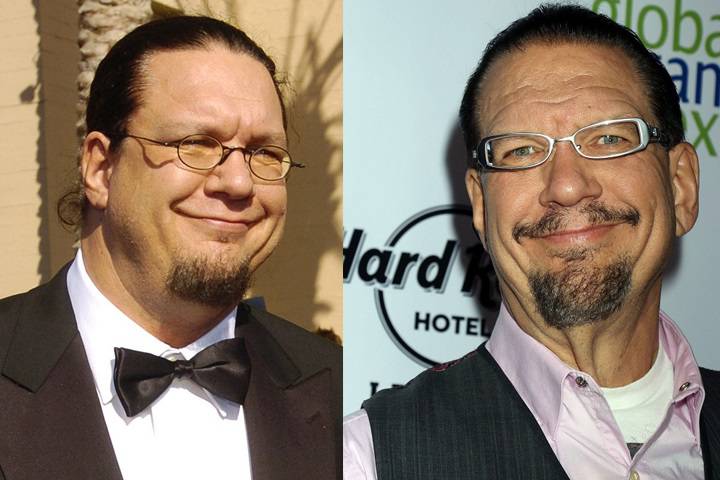ecstatichamster
Member
- Joined
- Nov 21, 2015
- Messages
- 10,515
Is this a critique or defense of Penn's weight loss success?
I think he was on at least 4 meds, with high blood pressure that put him in the hospital more than 1 time.
No I think he was smart to address his problem but I don't know that it was the "best" way of doing it.


